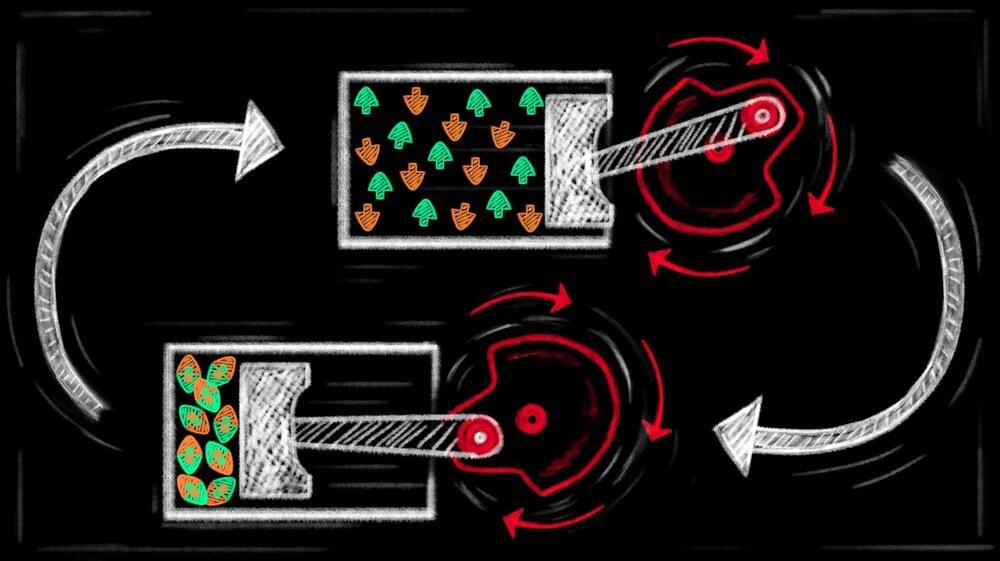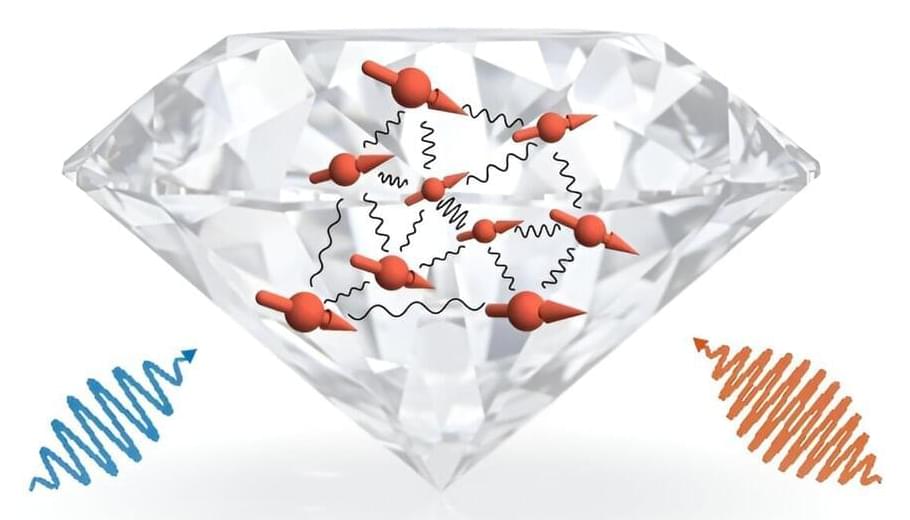Do you use biological age tests to quantify your fitness goals? I updated this piece with the latest products (there are a ton) and found a few discount codes too.
Update 10/2/2023: This post has been updated since we originally published it. I evaluated additional top biological age tests for 2024, removed companies that are no longer offering tests, and updated the post to reflect the most recent pricing. The post has been cleaned up and links were made current.
According to TikTok, I’m either 46-years-old, 37-years-old, or 29-years-old. As a 34-year-old woman, that’s, ahem, less than ideal.
TikTok offers a filter that guesses how old the user is based on their uploaded face. Pulling my long hair up into a ponytail ages me by over a decade, and standing in natural lighting makes me appear younger than I actually am.





